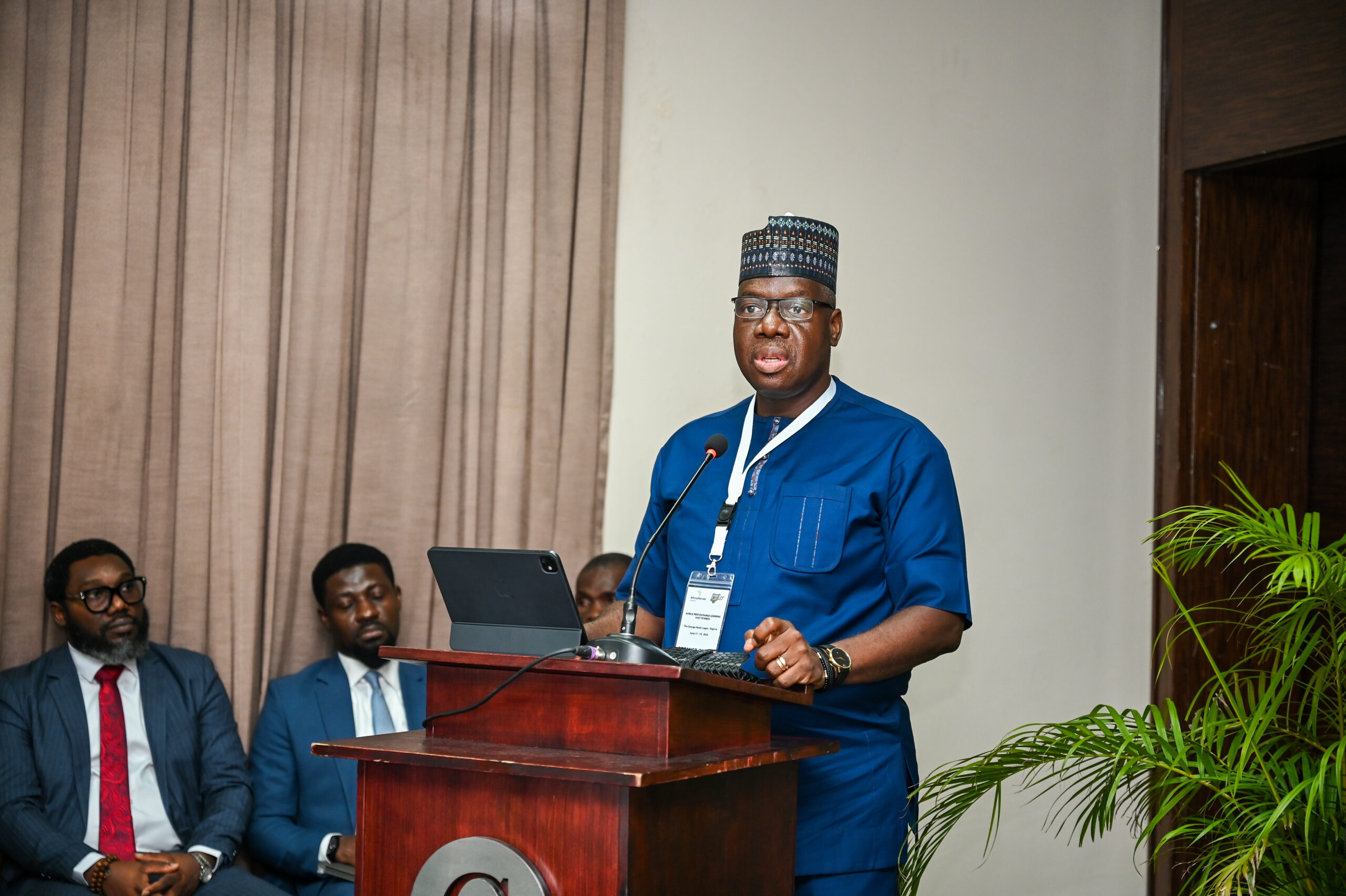Trump administration should not weaken hurricane forecasting
Hurricanes are the most dangerous and costly natural disasters that affect Long Islanders. We all know all too well how destructive and expensive hurricanes are and carry the fear that one day we will get hit full force by a big one.
So we are particularly concerned that President Donald Trump is apparently following Project 2025 guidelines to reduce and, in some cases, dismantle functions of the National Oceanic and Atmospheric Administration and the Federal Emergency Management Agency.
Slashing bloat and duplication at NOAA and FEMA has merit. FEMA especially has proved to be a bureaucratic maze when dealing with individual assistance claims. But this blunt effort to undermine them goes too far. Wildfires, tornadoes, floods and hurricanes are becoming more frequent, more intense, and more costly. Disaster prediction and prevention will decrease in accuracy, and rebuilding costs will be shouldered by the states, to the detriment of us all.
The effect is to erode one of America’s strengths — its collective ability to respond to crises.
Fueling this shift is an ideological reality: Anything related to climate change is squarely in this administration’s crosshairs. Project 2025’s “Mandate for Leadership” states that NOAA’s six main agencies are “one of the main drivers of the climate change alarm industry and, as such, is harmful to future U.S. prosperity.”
NOAA, which includes the National Weather Service, collects and maintains critical data used to forecast weather and provide emergency warnings when disasters loom. The National Hurricane Center, part of NWS, uses airplanes, drones and probes to collect data. That information, however, has little value without scientists and experts to interpret it. In 2024, the Center reported its most accurate hurricane track forecasting season.
The 2025 hurricane season, which started June 1, is predicted with 60% probability to be an above-normal active season, yet already, forecast accuracy may be diminished. NOAA won’t have access to saildrones — unmanned vessels piloted remotely to go into the heart of hurricanes to collect data. Weather balloons, used to track winds, were reduced by the administration by 12. That might be a small amount of the overall number, but even a small reduction in the amount of data collected, experts predict, will diminish the accuracy of weather forecasts.
The administration did rehire two Hurricane Hunter flight directors after its Department of Government Efficiency emailed them termination notices, but overall NOAA staff has been reduced by 15% to 20%. Dozens of weather forecast offices have been affected by the loss of experience and lack of new hires. The NWS center at Upton — responsible for Long Island and New York City — is reportedly without a meteorologist-in-charge. Other such offices no longer operate 24/7.
In the wake of those natural disasters, FEMA steps in to help Americans. Though no model of efficiency or equity — FEMA has a long and documented history of justified criticisms — it provides real help to Americans.
FEMA PLAYS BIG ROLE
FEMA doles out billions every year to help communities recover and rebuild from natural disasters. FEMA said it provided $25.5 billion for recovery in New York and New Jersey after 2012’s Superstorm Sandy.
Trump wants to reduce FEMA aid and put the onus on states. On June 10, he said, “The FEMA thing has not been a very successful experiment. It’s extremely expensive, and again, when you have a tornado or a hurricane or you have a problem of any kind in a state, that’s what you have governors for.”
Homeland Security Secretary Kristi Noem that day said FEMA “needs to go away as it exists.” Trump said he wants to begin phasing out FEMA at the end of the hurricane season.
Noem recently demanded every contract and grant over $100,000 be submitted to her personally, with a range of details, according to CNN. That will likely delay disaster responses.
In addition to a reduced budget and disaster relief fund, FEMA is losing a significant number of senior leaders and employees. The possibility of states having to buck up on their own when natural disasters strike is concerning; not all will be able to do so.
Privatizing some functions of NOAA and FEMA could save money, but it’s unknown whether privatization would lead to better service. Artificial intelligence using NOAA’s data to predict weather is on the horizon. That may or may not lead to more accurate forecasts. AI still requires human scientists and experts and, of course, data.
Eliminating waste shouldn’t hobble agencies critical to America’s safety and economy. The cuts to NOAA and FEMA don’t seem solely focused on saving taxpayer money. We can’t avoid the nagging feeling that Trump is appealing to his political base and donors by throttling government agencies and belittling climate change. Denying a problem’s existence won’t make it go away.
Why scuttle two agencies critical to saving lives and protecting property? Cut waste, but keep experts and data. These are not mutually exclusive goals.
are experienced journalists who offer reasoned opinions, based on facts, to encourage informed debate about the issues facing our community.
Members of the editorial board are experienced journalists who offer reasoned opinions, based on facts, to encourage informed debate about the issues facing our community.











